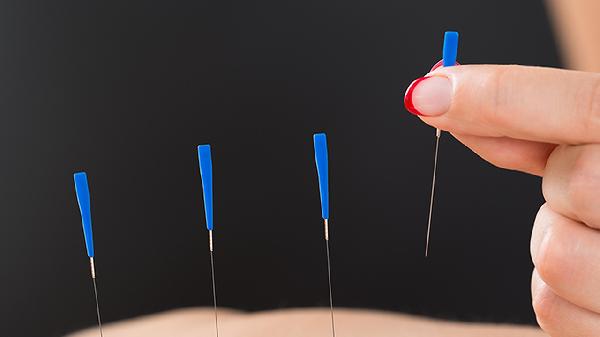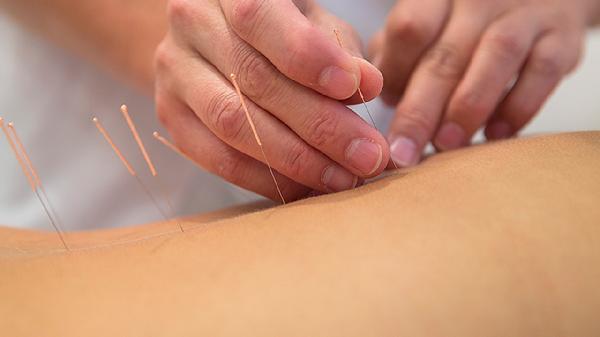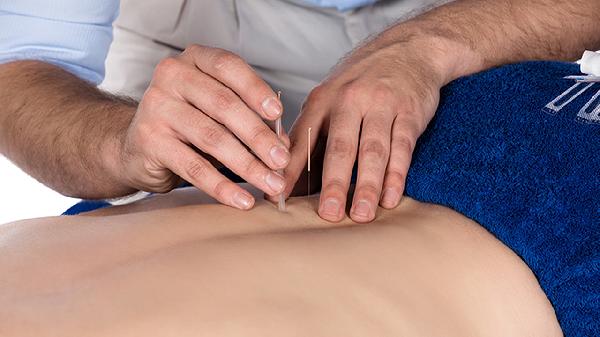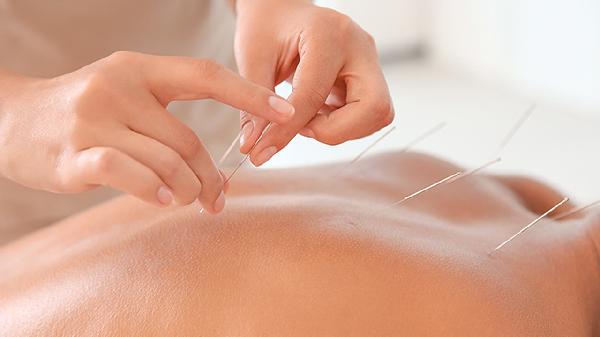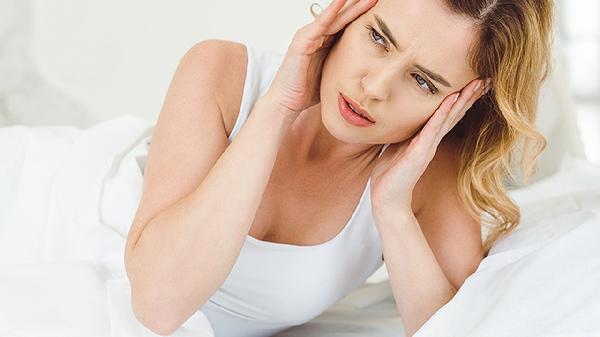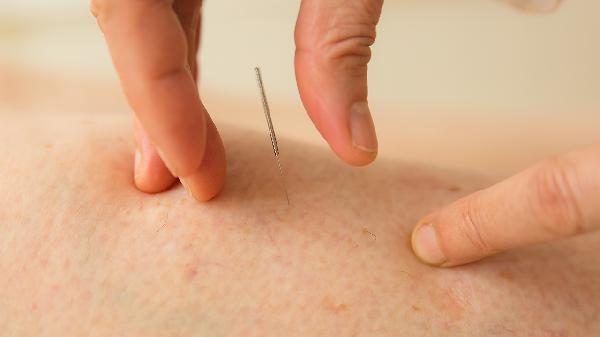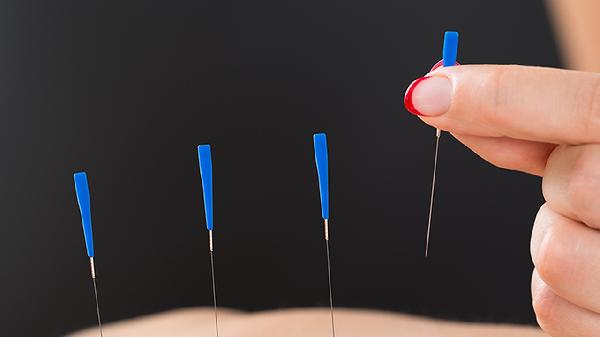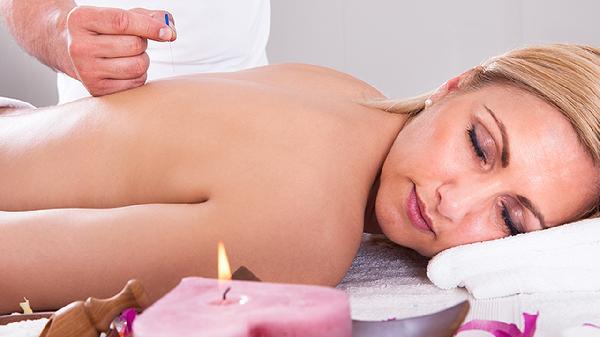Yes, acupuncture can help ease anxiety for many individuals. This ancient Chinese practice involves inserting thin needles into specific points on the body to balance energy flow, or "qi," and has been shown to reduce stress and promote relaxation. Studies suggest that acupuncture may influence the nervous system, lower cortisol levels, and increase the production of endorphins, all of which can contribute to alleviating anxiety symptoms. However, its effectiveness varies from person to person, and it’s often used as a complementary therapy alongside other treatments like counseling or medication.
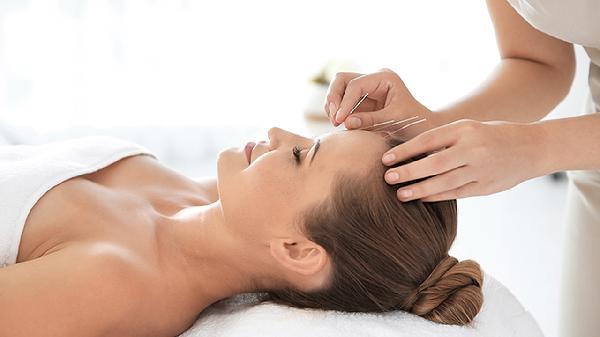
How Acupuncture Works for Anxiety
Acupuncture targets specific points on the body, known as acupoints, which are believed to regulate the flow of energy and restore balance. For anxiety, practitioners often focus on points that calm the mind, reduce stress, and improve overall well-being. The process stimulates the nervous system, triggering the release of neurotransmitters like serotonin and dopamine, which play a key role in mood regulation. Additionally, acupuncture may activate the parasympathetic nervous system, helping the body shift from a "fight or flight" state to a "rest and digest" state, promoting relaxation.
Scientific Evidence Supporting Acupuncture
Research on acupuncture for anxiety has shown promising results. A 2018 review of studies published in the Journal of Acupuncture and Meridian Studies found that acupuncture significantly reduced anxiety symptoms in participants compared to control groups. Another study in the Journal of Endocrinology demonstrated that acupuncture could lower cortisol levels, a hormone associated with stress. While more large-scale studies are needed to confirm these findings, many individuals report feeling calmer and more centered after acupuncture sessions.
What to Expect During an Acupuncture Session
During your first acupuncture session, the practitioner will conduct a thorough assessment of your health, including your anxiety symptoms, lifestyle, and medical history. They will then insert thin, sterile needles into specific acupoints, which may include areas like the wrists, ears, or scalp. The needles are typically left in place for 15 to 30 minutes while you relax. Most people describe the sensation as mild and soothing, with some feeling a slight tingling or warmth. After the session, you may experience a sense of calm and improved mood.
Combining Acupuncture with Other Therapies
While acupuncture can be effective on its own, it’s often most beneficial when combined with other treatments. Cognitive-behavioral therapy (CBT), mindfulness practices, and regular exercise can enhance the effects of acupuncture and provide a more holistic approach to managing anxiety. If you’re taking medication for anxiety, consult your healthcare provider before starting acupuncture to ensure it’s a safe and complementary option for you.
Tips for Finding a Qualified Acupuncturist
To maximize the benefits of acupuncture, it’s essential to work with a licensed and experienced practitioner. Look for someone who is certified by a reputable organization, such as the National Certification Commission for Acupuncture and Oriental Medicine (NCCAOM) in the United States. Ask for recommendations from your healthcare provider or trusted friends, and read reviews to ensure the practitioner has a good track record. A qualified acupuncturist will take the time to understand your needs and tailor the treatment to your specific concerns.
Potential Side Effects and Considerations
Acupuncture is generally safe when performed by a trained professional, but some individuals may experience mild side effects like bruising, soreness, or dizziness. It’s important to communicate openly with your acupuncturist about any discomfort or concerns during the session. If you have a bleeding disorder, are pregnant, or have a pacemaker, inform your practitioner beforehand, as certain acupuncture techniques may not be suitable for you.
How Long Does It Take to See Results?
The number of sessions needed to see results varies depending on the severity of your anxiety and your individual response to treatment. Some people notice improvements after just one or two sessions, while others may require several weeks of regular acupuncture to experience significant benefits. Consistency is key, so discuss a treatment plan with your acupuncturist to determine the best approach for your needs.
The Role of Lifestyle Changes in Managing Anxiety
While acupuncture can be a powerful tool for reducing anxiety, lifestyle changes are equally important for long-term management. Incorporating stress-reducing practices like yoga, meditation, or deep breathing exercises can enhance the effects of acupuncture. Eating a balanced diet, getting regular exercise, and prioritizing sleep are also crucial for maintaining mental health. By combining acupuncture with these healthy habits, you can create a comprehensive strategy for managing anxiety.
Conclusion: A Holistic Approach to Anxiety Relief
Acupuncture offers a natural and non-invasive way to ease anxiety, providing relief for many individuals who struggle with stress and worry. While it may not work for everyone, its potential to calm the mind, reduce cortisol levels, and promote relaxation makes it a valuable option to consider. If you’re interested in trying acupuncture, consult a qualified practitioner and explore how it can fit into your overall mental health plan. Remember, managing anxiety is a journey, and finding the right combination of therapies and lifestyle changes can lead to lasting peace and well-being.
